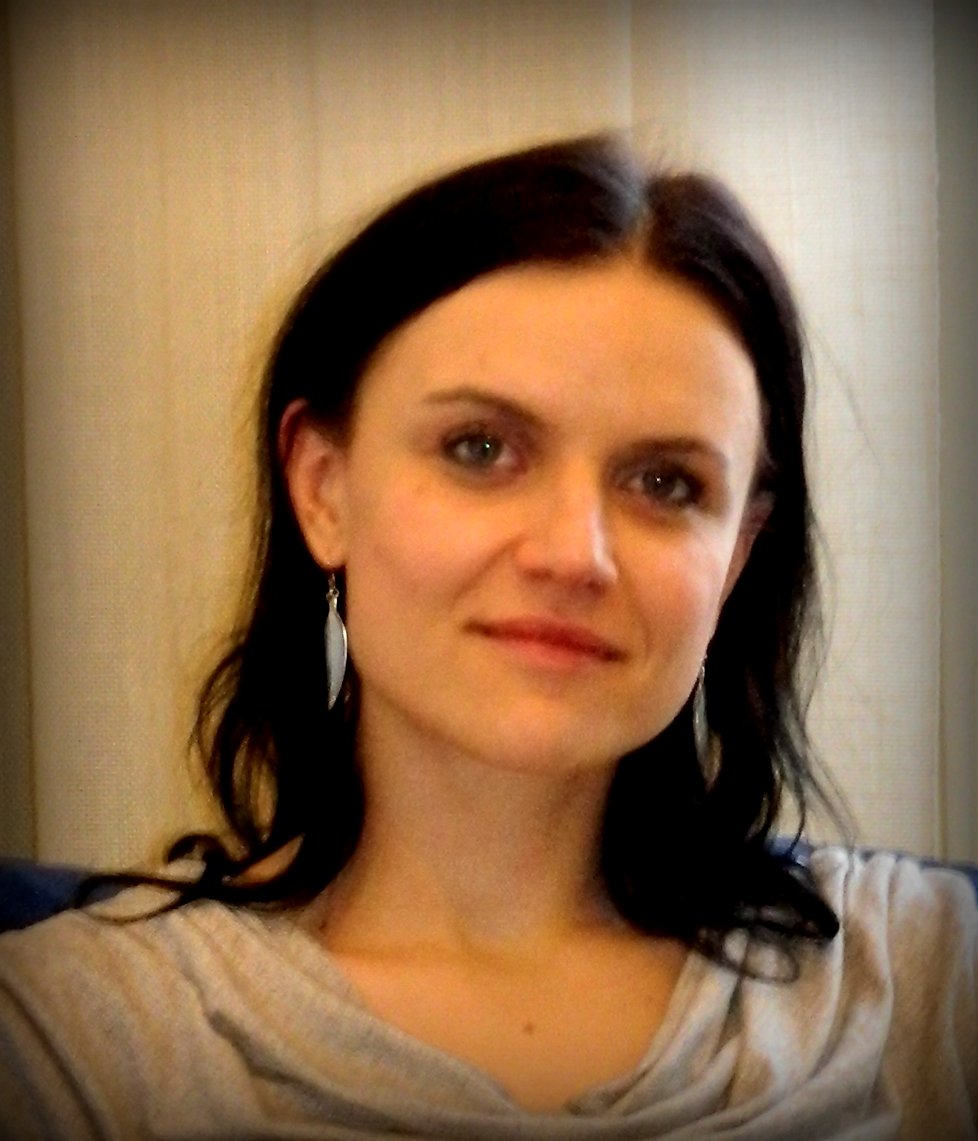
Obsessive – Compulsive Disorder OCD
Is behaviour of the main protagonist Melvin played by Jack Nicholson in ?As Good as It Gets? familiar to you? Do the rituals of Detective Monk from popular series resemble yours? When you leave home, do you always go back several times just to make sure you closed the door and at the same time you conduct a ritual of counting? Do you have problems falling asleep until your books on the table are arranged in proper order?
Probably you suffer from OCD (Obsessive- Compulsive Disorder). If you think that you are the only person who has this problem, then you should know that this problem afflicts 2,5% of population. If the disorder runs in the family, the risk of OCD reaches up to 9-10%.
OCD consists of two elements : obsessions, that is, obsessive thoughts which are perceived by a patient as embarrassing, illogical and unwanted. Despite the fact that patient finds obsessions absurd and unnecessary, he can?t restrain from having them. The attempt to do so increases the level of anxiety. The second element, namely, the reactions to obsessions, are called compulsions, that is, rituals that give relief to a patient. They consist in for example washing hands, obsessive checking, counting, praying, arranging things in a given order. OCD disables normal life to great extent.
The quality of obsessions and compulsions may change in the course of life. Some may disappear and other appear. They refer to one or several aspects:
- Persistent uncertainty of doing things despite multiple checking, for example: is the door closed, tap turned off, are the things arranged properly and hands washed thoroughly;
- Usually vulgar or blasphemous thoughts which intensify in places or situations where they are considered obscene, for example sexual thoughts occurring in a church during praying or at family dinner;
- Continuous, lasting many hours, analyzing, ruminating over one topic that does not lead to any conclusions and disables making any decisions. Even if the decision is made, its legitimacy is undermined, second thoughts and the feeling of making mistake appear;
- Obsessive thoughts about making something embarrassing or behaving aggressively towards close friends or family, for example hitting your mother, kicking a kid; the realization of these thoughts never happens, however strong anxiety not to do so causes attempt to avoid these situations;
Below there are some questions from the Obsessive- Compulsive Disorder Inventory made in Maudsley Hospital in London that assesses if a person suffers from OCD.
Aspect of OCD Answer
CLEANLINESS
1. I don?t care too much about leanliness. true/false
2. I avoid public telephones worrying about being infected. true/false
3. I can use public toilets freely. true/false
4. My morning washing takes a lot of time. true/false
CHECKING
5. I often need to check some things (e.g. turning off gas and water tap, locking the door) more than once. true/false
6. I don?t read my own letters many time before sending them out. true/false
7. I often have obsessive thoughts and I can?t get rid of them. true/false
DOUBTS
8. I have a very strict conscience. true/false
9. Usually I have many doubts when doing my every day activities. true/false
10. None of my parents was very strict when I was a child. true/false
Source: Rachman, Hodgson, 1980.
If the most of the questions are true, it does not mean that you have to receive treatment. However, if symptoms mentioned above are uncomfortable and disable your everyday life you are welcome to come for a consultation.
author: Karolina Topór







